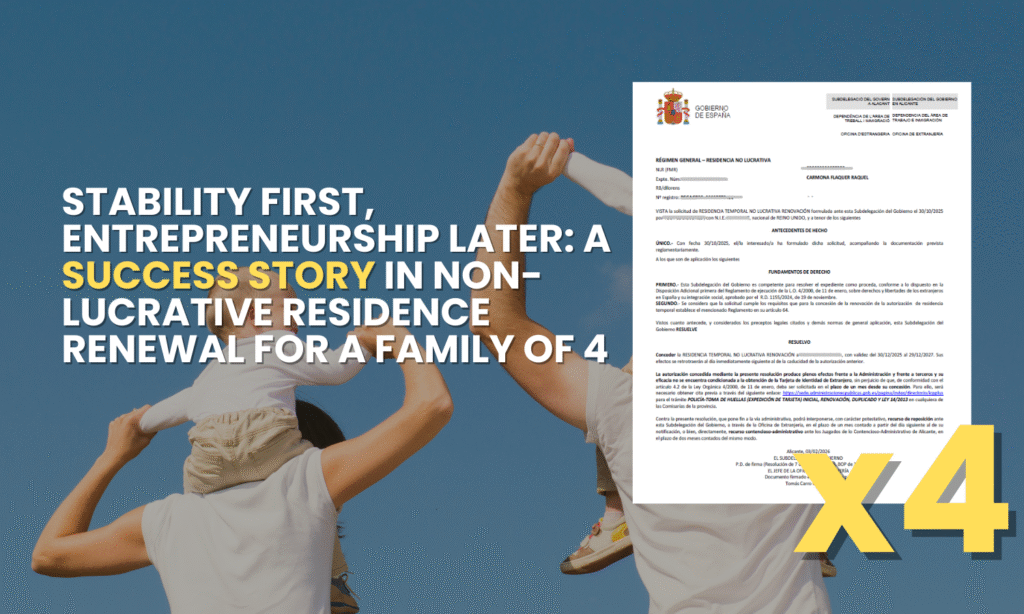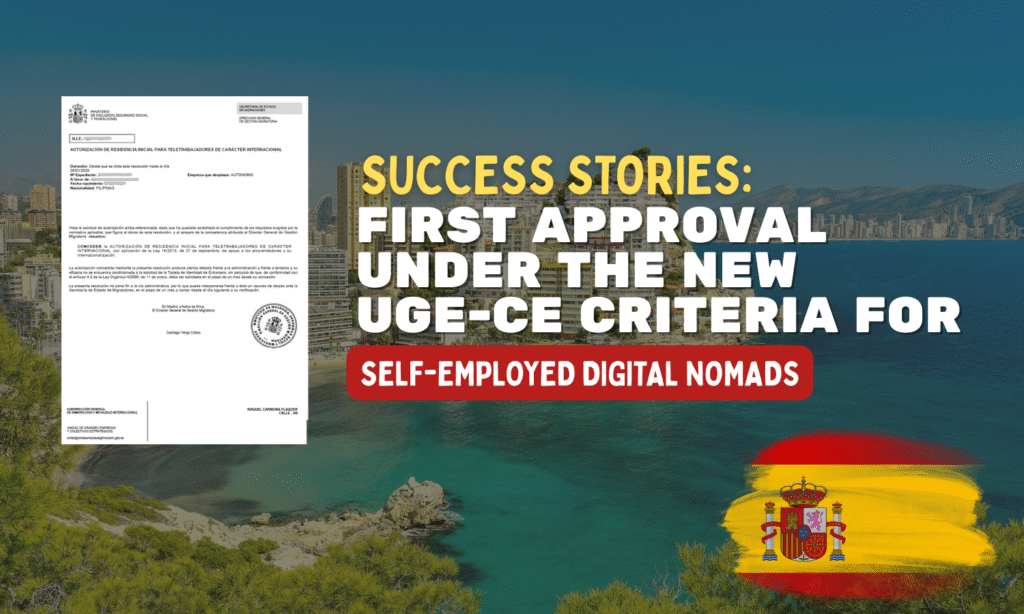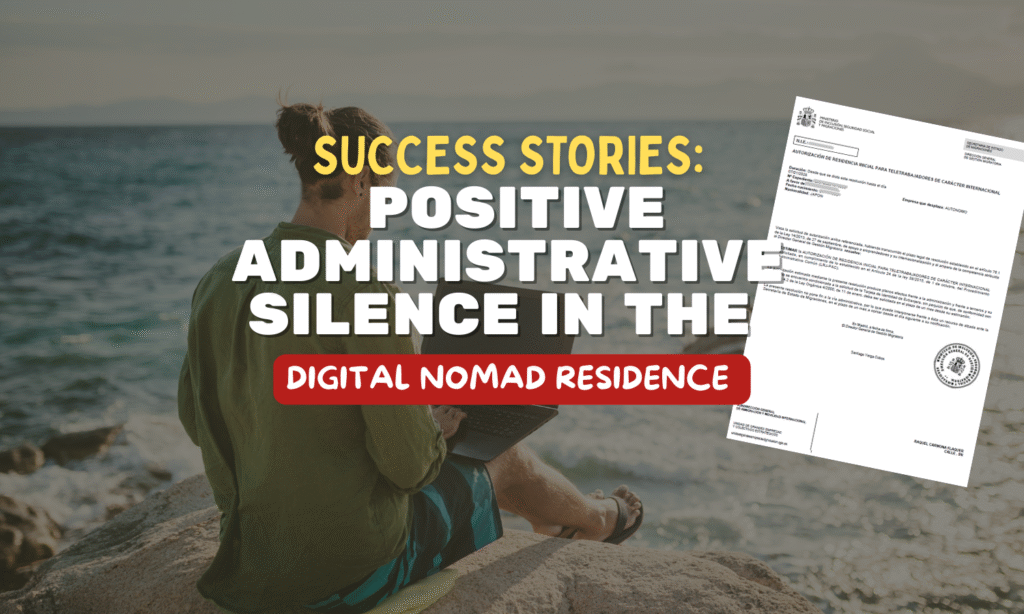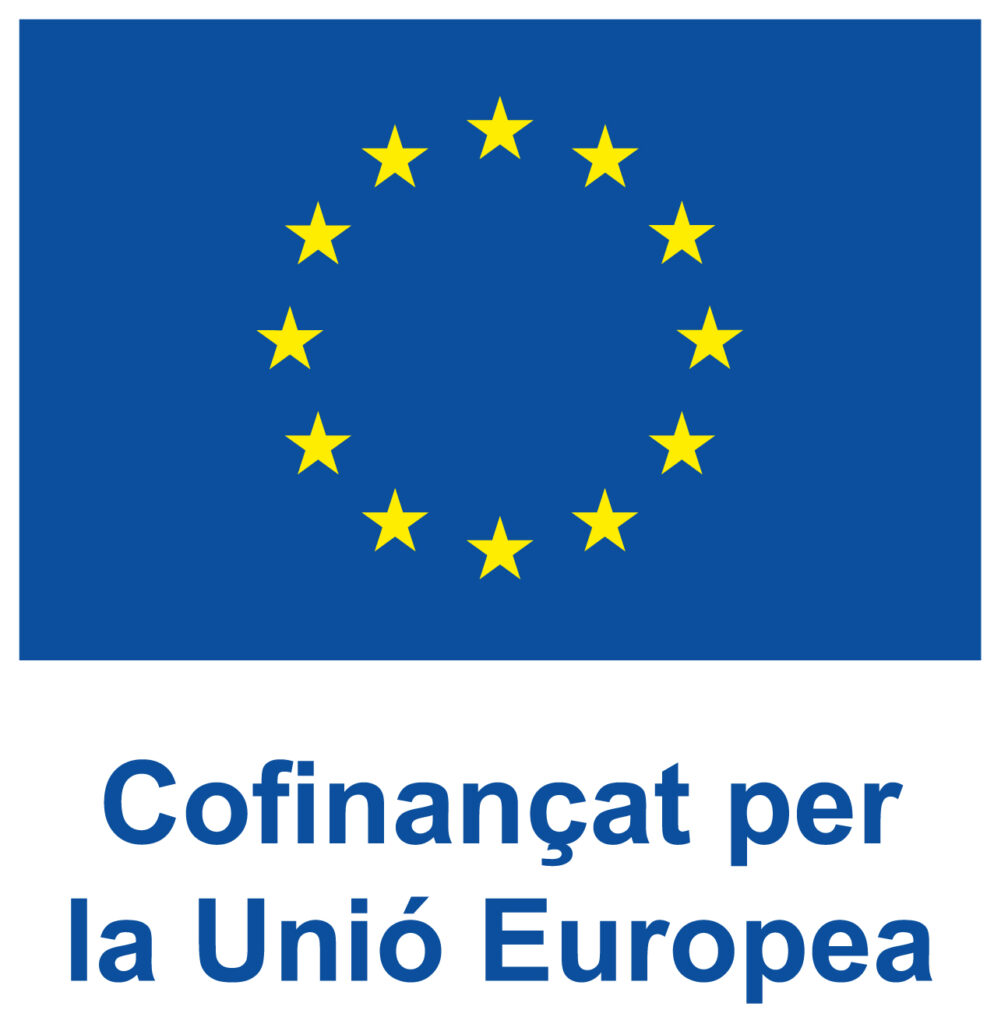Introduction
One of the main challenges we face at MigratioLex when processing residencies for qualified foreign professionals is the
disparity in documentary criteria between countries. Although Spain has made significant progress in the digitalization of its administration and the issuance of official certificates, the truth is that not all countries have equivalent systems . This disparity can make it difficult to accredit the applicant’s professional profile , both in applications for residency as a highly qualified professional and in those for residency for digital nomads .
The Spanish standard: digitalization and traceability
In Spain, it is common to have documents such as:
- The Working life REPORT (with detailed history of contributions and employers),
- Registered contracts,
- Standardized company certificates,
- And a Social Security system that makes it easy to verify your career path.
This has generated a tacit expectation on the part of immigration authorities: that foreign citizens can present documents of similar probative value , regardless of their country of origin.

But what happens when those documents don’t exist?
In practice, many countries—including highly developed ones like the United Kingdom, the United States, Canada, and Australia — do not have a system equivalent to the employment history report . This can pose a serious problem for accrediting:
- Seniority in a company,
- Level of responsibility,
- Scope of action,
- Or simply the existence of a formal employment relationship.
Furthermore, there are jurisdictions where the position held is not officially recorded, or where contracts do not have a uniform format, making objective comparison with Spanish standards difficult.
What do we mean by a highly qualified profile?
According to Spanish regulations, a highly qualified professional is considered to be one who:
- You have a university degree or equivalent training,
- Holds a technical, managerial or specialized position ,
- Receives a salary that exceeds certain thresholds (depending on the type of leave requested),
- And whose experience supports this level of qualification.
Now, these criteria must be documented , and this is where the difficulties arise.
How do we solve this challenge at MigratioLex?
The key is to apply a flexible and legally sound evidentiary strategy . At MigratioLex, we approach these cases with an approach tailored to each jurisdiction, taking into account the freedom of probation permitted by Spanish administrative law. Some of the solutions we apply include:
- Affidavits from employers with detailed information on duties, salary, and seniority.
- Recommendation letters signed by managers, with verifiable references.
- Foreign employment contracts , even if they are not officially registered.
- Payroll, bank statements, or tax returns that demonstrate income and employment status.
- LinkedIn and public professional profiles , as a complement to official documentation.
In addition, we prepare a technical legal report that accompanies the request, explaining why certain documentation is not issued in that jurisdiction and arguing the validity of the alternative evidence presented.
Each country, a different evidentiary context
Proving experience in Germany, where everything is meticulously documented, is not the same as doing so in countries where much of the employment is informal, or where the administration does not issue standardized employment certificates .
Even within the EU, the differences can be significant. This shouldn’t be an obstacle for highly qualified professionals, but in practice, the lack of Spanish-style documents can slow down or jeopardize an application if not properly justified.
Conclusion: the content does matter, but the form also matters
The Spanish administration requires clear and sufficient proof of professional profile , but it does not necessarily have to follow the exact format issued in Spain. The important thing is to demonstrate coherently and credibly that the applicant meets the qualifications, experience, and duties requirements.
A clear example of this situation is found in one of our success stories, in which we obtained residency as a highly qualified professional for a Moroccan citizen in the agricultural sector. Due to the socioeconomic context of his country and the characteristics of the sector, he was never able to contribute to national social security. Nevertheless, we managed to accredit his experience and qualifications through solid alternative evidence.
At MigratioLex, we understand that every journey is unique, and that’s why we adapt our documentation strategy to the reality of each country , without losing sight of the standards required by Spanish regulations.
If you’re coming from a country where there’s no employment history report or other similar official documents, don’t worry. At MigratioLex, we analyze your case and develop an evidentiary strategy tailored to your situation.
Contact us and we’ll help you demonstrate your professional profile with guarantees.








